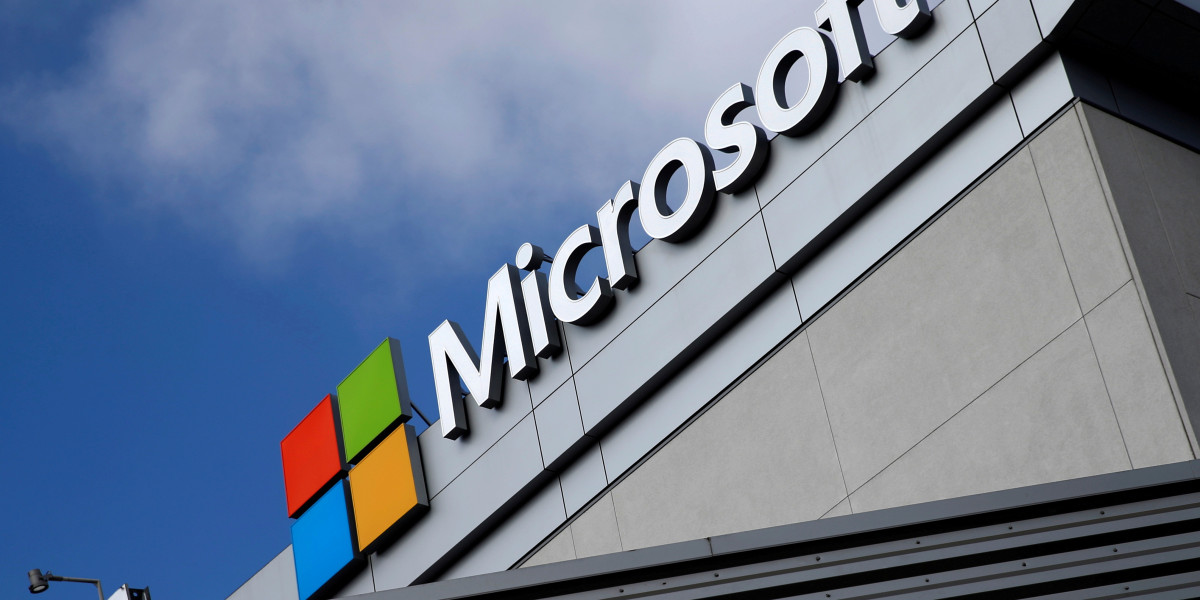In today's digital landscape, Microsoft License plays a pivotal role in shaping how businesses and individuals leverage Microsoft products legally. Understanding the nuances of Microsoft License is crucial for maximizing efficiency and compliance.
When we talk about Microsoft License, we delve into a realm where legality meets functionality. Microsoft License encompasses a spectrum of agreements and permissions that dictate how Microsoft software can be used. Whether it's Windows operating systems, Office productivity suites, or cloud services like Azure, having the right Microsoft License ensures that users are within the bounds of copyright and usage regulations.
Businesses, in particular, must navigate through various types of Microsoft License models. These models, such as Enterprise Agreements (EA), Volume Licensing, or subscriptions like Microsoft 365, cater to different organizational needs. Choosing the appropriate Microsoft License not only optimizes costs but also aligns with the organization's scale and operational requirements.
Individual users also benefit from understanding their Microsoft License rights. For instance, a home user might purchase a retail copy of Windows or subscribe to Microsoft 365 for personal productivity. Each Microsoft License type grants specific rights, such as installation on multiple devices or access to certain features, which users should be aware of to make informed decisions.
One of the critical aspects of Microsoft License is compliance. Organizations and users alike must ensure they adhere to the terms stipulated in their Microsoft License agreements. Non-compliance can lead to legal repercussions and financial penalties, making it imperative to manage Microsoft License proactively.
Moreover, Microsoft License evolves with technology. As Microsoft introduces new products and services, the licensing landscape adapts accordingly. Keeping abreast of these changes ensures that businesses and individuals can leverage the latest innovations without compromising on compliance.
In conclusion, Microsoft License is more than just a legal requirement; it's a strategic asset. By understanding the nuances of Microsoft License and choosing the right model, businesses optimize their software investments. Similarly, individual users ensure they get the most out of Microsoft products while staying compliant. Embracing the complexities of Microsoft License empowers stakeholders to navigate the digital world with confidence and efficiency.
Understanding Microsoft License isn't just about legality








